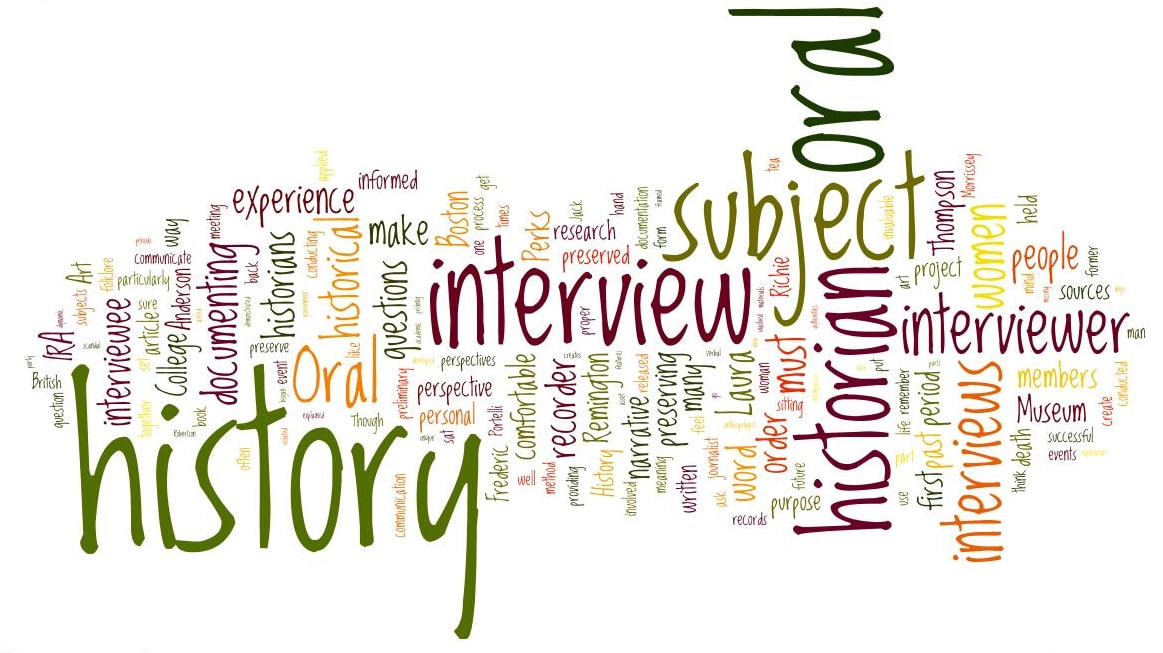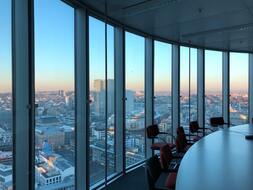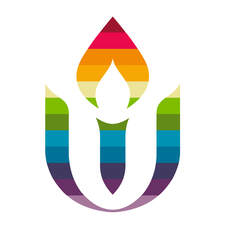 Oral History Project When we gather for our water service at the beginning of September, it will mark the beginning of my sixth year serving the Unitarian Church of Lincoln – and the fourth congregational year impacted by the ongoing COVID-19 pandemic. The role of the pandemic in shaping congregational life is changing. All our members and children are able to be vaccinated, our multi-platform systems are well established, and we are flexible in our response to changing case rates. Rather than closing our building again, we will depend on each family to decide how they want to engage, whether through in person events, online options, or a combination of the two. The theologian Walter Brueggemann talks about how faith progresses from orientation, to disorientation, to a new orientation: how traumatic or difficult events fundamentally disorient us, leading us to lament and confusion before eventually coming out the other side different than when we started. So, while this congregational year will look more ‘normal’ than the two that have preceeded it, it is not realistic to believe that we are going back to the Unitarian Church of Lincoln as it existed in September 2019: we have been changed, collectively and individually by the events of the last three years. One of the ways I have spent the last three years is by working my way through a Doctor of Ministry (D.Min) program in Church Leadership, at Wesley Theological Seminary. It has been an opportunity, over the course of the pandemic, to regularly check in with interfaith colleagues around the country, and to engage with literature and research around theology and how congregations change. After two years of coursework, I am now drafting my thesis, and anticipate graduating in May. The D. Min degree is a professional degree; rather than purely academic research, the thesis is an opportunity to develop a project at the congregation you serve, and then reflect on its impact. As I have been putting together the proposal for my project this summer, I have been reflecting on the last several years of congregational life: how so many of us are articulating a feeling of disconnection from each other and our institutions. Some of this comes from the nature of the last several years: The experience of the pandemic was universal in its impact and deeply personal in its lived experience. Just in our community, our young families and elderly homebound folks have both suffered, but in different ways. My D. Min work is an attempt to address that disconnect. Over the next six weeks, I am going to ask all our members to sit down with each other one on one to have a structured conversation about what your experience of the last three years has been. We will record these stories: both the ones of triumph over adversary, and the ones of loss and isolation. And then, in November, we will share those stories in a worship service, as part of an Oral History of the pandemic at the Unitarian Church of Lincoln. An important part of moving to a new orientation is articulating the disorientation: saying aloud what has happened. We do that not to dwell on what has happened, but to rebuild the foundation of our community for whatever comes next. I hope you will join us in that work. -Oscar
0 Comments
 Every August, the Unitarian Church of Lincoln’s Board of Trustees gathers for a retreat, to deepen our relationships with each other, reflect on the year that has been, and set goals for the coming congregational year. Each year is an opportunity to step back and get a sense of the ‘big picture’ for the church, and then to ground that picture in our shared Unitarian Universalist faith. In this coming retreat, there is much to reflect on and much to look forward to. The last three congregational years have been largely driven by the COVID-19 pandemic, and while the pandemic is still with us, we have reached a point with vaccines, masking, and other mitigation measures that I hope it will become part of the background context of our community, rather than the driving force. Even while responding to COVID in the last several years, UCL has grown our relationships with other communities and organizations in Lincoln. From the Niskithe Prayer Camp and our Summer Programming, to the DART community organizing initiative, our participation in Beloved Conversations, and our continued work with Planned Parenthood to ensure reproductive rights are protected in Nebraska, we have a lot to be proud of – and a lot to build on. My first day in this office was five years ago this week, and I remember being told, that first year, that the mission statement of the Unitarian Church of Lincoln was to ‘show up.’ I confess, I thought for the first few years I was here that this was overly broad and poorly-defined for a mission statement, but I’ve found during the pandemic that it is a accurate and aspirational description of who we are as a community. Who is the Unitarian Church of Lincoln? Those folks who keep showing up at everything. When we gather at the Board Retreat this month, we’ll be gathering to do some concrete governance work, narrowing down priorities to a concise set of goals, thinking in terms of five year plans and budgets. But fundamentally, the work is about this: how do we encourage and develop the enormous strength of this community? How do we help you show up, as Unitarian Universalists, in a world that needs to hear your voice? How do we create a community that brings new folks in, and asks them, in turn, to show up? |
Details
AuthorRev. Oscar Sinclair serves as the Settled Minister for The Unitarian Church of Lincoln, Nebraska. Archives
March 2024
Categories |
contact us and WE WILL GET BACK TO YOU AS SOON AS POSSIBLE: |
SIGN UP TO RECEIVE
|
THE UNITARIAN CHURCH
|
|

 RSS Feed
RSS Feed

